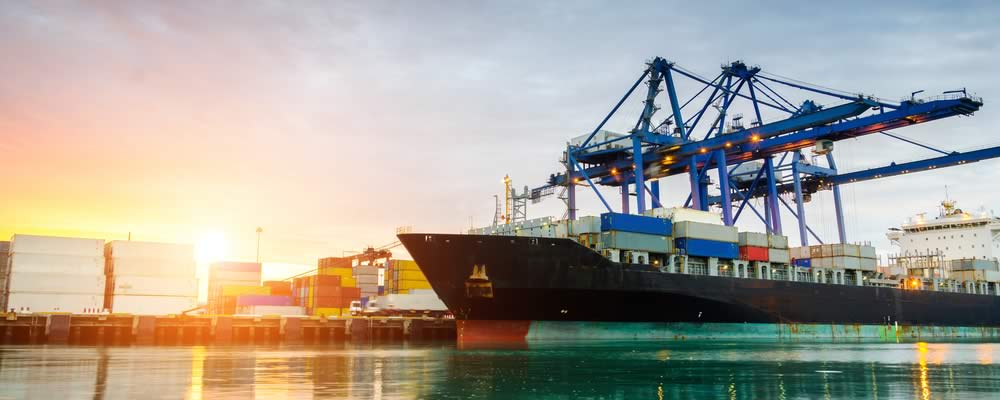Markets reacted positively to an unexpectedly sharp uptick in Chinese imports, leaving the Euro Australian Dollar exchange rate on a softer footing ahead of the weekend.
This latest sign of strength from the world’s second largest economy saw the appeal of the commodity-correlated ‘Aussie’ strengthened, boosted by a fresh uptick in base metal prices.
Confidence in the outlook of the global economy also improved in response to the data, with fears over the prospect of any imminent slowdown continuing to fade.
The Reserve Bank of Australia’s (RBA) latest Financial Stability Review failed to particularly weigh on AUD exchange rates, meanwhile, as the tone proved a little more confident.
With recent regulatory measures appearing to have already gone some way towards strengthening the resilience of household finances and bank balance sheets, improving the economic outlook, this offered investors some cause for confidence.
However, while the RBA is adopting a slightly more optimistic view this does not significantly shift the chances of the central bank altering its neutral policy outlook in the near future.
The Australian Dollar remains vulnerable to downside pressure if this afternoon’s US inflation data proves solid.
Any fresh uptick in US inflationary pressure is likely to increase the odds of the Federal Reserve raising interest rates imminently, to the detriment of higher-yielding currencies.
Euro Slides After ECB Signals Interest Rates to Remain Low for Longer
Commentary from European Central Bank (ECB) policymakers weighed on the Euro, on the other hand, as the general tone remained relatively dovish.
ECB President Mario Draghi reaffirmed that interest rates will remain at their record lows ‘well past’ the end of its quantitative easing program.
This indicates that the central bank will maintain a relatively dovish tilt for some time to come, even if tapering of the quantitative easing program begins imminently.
The Euro Australian Dollar exchange rate slumped in response to these comments, unable to rally on the back of an unchanged finalised German consumer price index reading.
Even so, underlying support for the single currency remains strong, as Peter Vanden Houte, analyst at ING, noted:
‘So far political events have not been able to slow the strengthening growth momentum and 2017 is likely to see the strongest growth year in 10 years. As inflation continues to undershoot; the ECB will likely lengthen its QE programme until the end of 2018, though with a much lower level of monthly purchases. The first rate hike is not be expected before 2019.’
However, if the Catalan crisis shows any fresh signs of escalation over the weekend this could weigh heavily on demand for the Euro.
Curent EUR AUD Interbank Exchange Rates
At the time of writing, the Euro Australian Dollar exchange rate was slumped in the region of 1.5070. Meanwhile, the Australian Dollar Euro exchange rate was making solid gains at 0.6634.



